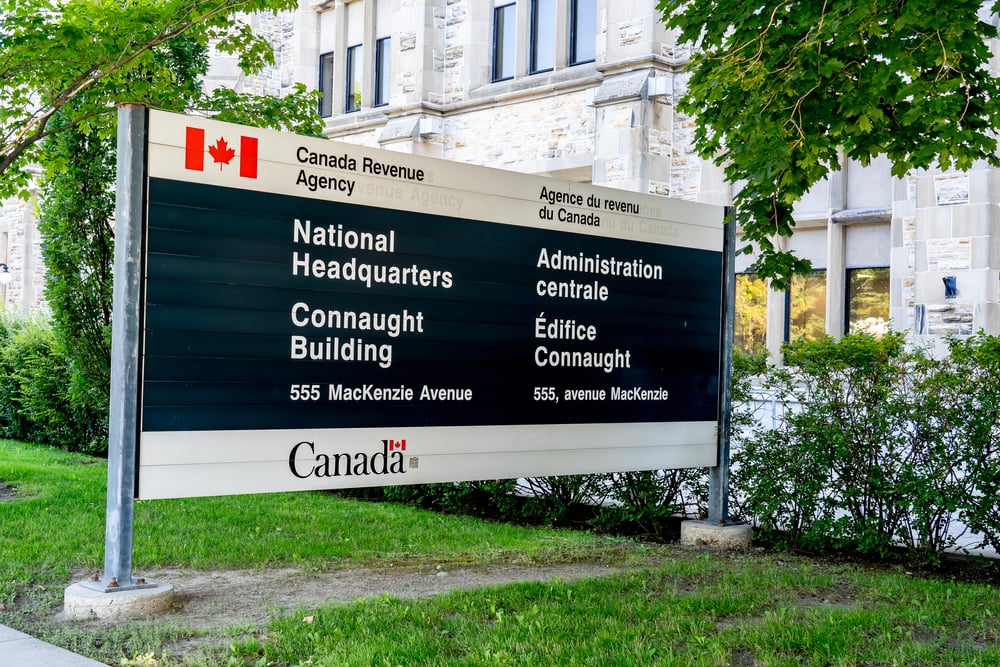Work experience
If you want to gain permanent residency in Canada as an essential worker, you must meet the criteria set out below:
- You must have gained your experience from a recognized National Occupation Classification (NOC) code, and you must have worked for not less than 1,560 hours within 3 years prior to submitting your application.
- You must have the authority to work in Canada
- Your work and experience were in Canada
- You must have received commissions or wages for your work
- Self-employment doesn’t count unless you were a medical doctor receiving payment from a health authority.
Proficiency in an official language
As an essential worker, you must demonstrate that you have proficiency in an official language. The IRCC requires that you get a score of at least 4 in a language test they have designated.
If you are an international graduate, your score must not be less than 5. The designated tests for English are CELPIP and IELTS. For French, the designated tests are TCF Canada and TEF Canada.

Legal Entry into the Country
IRCC insists that, as an applicant, you have to be living in Canada and you must be an authorized temporary resident. You must be physically in Canada when submitting your application to IRCC and when your application is getting approved. If you are a refugee claimant in Canada, then you aren’t eligible to apply.
Note that IRCC considers your “current employed” status at the time you are submitting your application. You do not need to be in employment throughout the time your application is being processed. IRCC recognizes both part-time and full-time employment.
The following factors are considered to determine your employment status at the time of submitting your application:
- Your autonomy; how much control you had where you were working and over the type of work you were doing
- Whether you owned or were providing the tool use for work
- How the work was performed. Whether you could do it on your own or hire an additional workforce or subcontract
- Was there any financial risk you assumed?
- Were there any written contracts or other details related to the work?
Intent to live outside of Quebec
IRRC requires that all applicants should live outside Quebec. This means you are allowed to live and work anywhere in Canada except Quebec. The IRCC staff will determine your intention, whether or not you want to live in Quebec.






